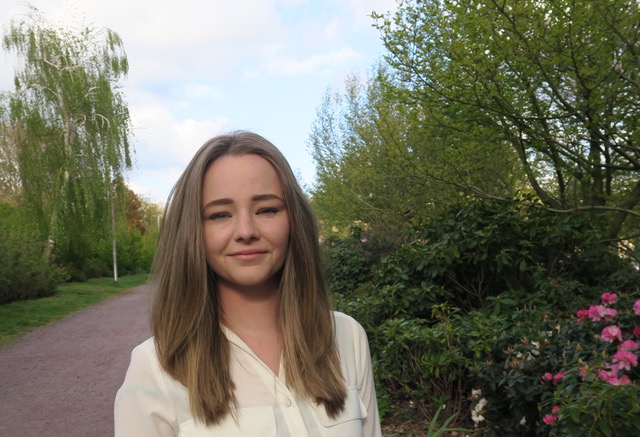When I was in my early 20s, a friend and I once spent an evening lamenting our ever-stereotypical youth-driven disillusionment with the working world. However, amidst our angst, he poignantly shared that ‘when I was a kid, I remember sitting in the back of my parents’ car and staring up at the stars, not knowing how or why they were there but knowing that someone knew – there is someone who knows everything – and once I was ‘all-grown-up’ I could know everything too. But now I am a grown-up, I realise that I know nothing, most people know nothing, and no one can know everything’.
His words struck me then, and they stayed with me. In many ways, growing up is reckoning with precisely that idea that we do not know, we cannot know – and in fact, no one knows most of what happens in our lives. Each event has a hauntingly random feeling as we cast it in a retroactive future-tense gaze. For instance, why did I meet my partner at 19? Would I have ‘ended up with him’ had he not also been in that bar? How did I end up stumbling into writing? Do all these decisions make sense? And – most tortuous of them all – how and when will this all end? Not only can no one answer these questions, but I can’t even tell you who I’m addressing them to, which is – all in all – a highly anxiety-inducing experience.
The idea he articulated – that there is someone out there who knows – has a psychoanalytic tint. Jacques Lacan called it the Subject Supposed to Know. It is a clinical and practice-specific term but loosely correlates to identifying knowledge that constitutes the analyst’s position. For instance, an individual might go to see a therapist because they keep getting dizzy all the time and, while they don’t know why, they believe a therapist might, i.e. someone out there knows. A psychoanalyst works with the split between their inevitable lack of knowledge and the knowledge that their client has attributed to them. In other words, the client – unconsciously – knows why they are dizzy because in identifying it in the analyst, they ‘have’ it to project or give.
While the Subject Supposed to Know is a complicated clinic-specific concept whose complexities I lack the scope for, I use it to articulate the idea that we are inclined to think others know the parts of ourselves that we do not know, and this belief is tied to anxiety (it can be both anxiety-inducing to lose that other who knows, and to have them always present). For Lacan, the only other time in our life that we inhabit such a position is when we are children in our relationship with our parents (think of the perpetual philosophical questioning children pose to their parents). Hence, the Subject Supposed to Know speaks to an authority given to anyone in a position – including doctors, therapists, psychologists, spiritual healers, etc, of knowledge over our experience of ourselves.
However, in our modern times, there is an ever-growing sense of distrust towards those authorities. Since the pandemic, divisions have grown regarding medical advice and authority, while there has been an even greater widening of the gap regarding political affiliations and governmental authorities. While I cannot speak to any ethical position here, I am interested in the fact that alongside this split in our ‘opinions’ on the subjects who know, we are growing increasingly reliant on the idea that ‘data’, ‘statistics’, and – most poignant of them all, ChatGPT, knows ‘something’ that we don’t. Yet, why and how could it be that non-human ‘tools’ are starting to feel the most capable creatures for speaking on and to the human experience?
Of course, the machine can combine all the information in the world and analyse it; thus, it must know everything, right? And yet we intuitively know it doesn’t; something is always missing in its words and it cannot speak to our experience of ourselves (yet). However, I think there is something to be said about how our relationship to AI poignantly articulates a kind of objectification of the fantasy of an all-knowing subject. Specifically, as something we can ‘access’ that is comforting and ‘different’ to us – much like grown-ups when we were kids.
Written by Molly Fitz
